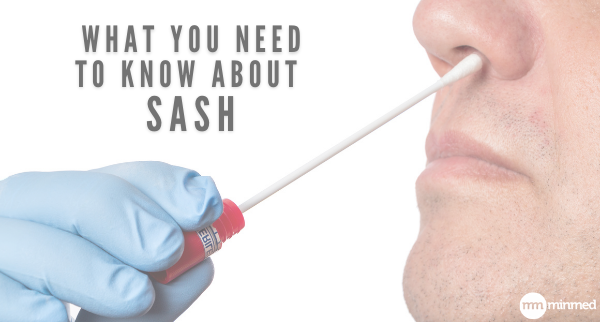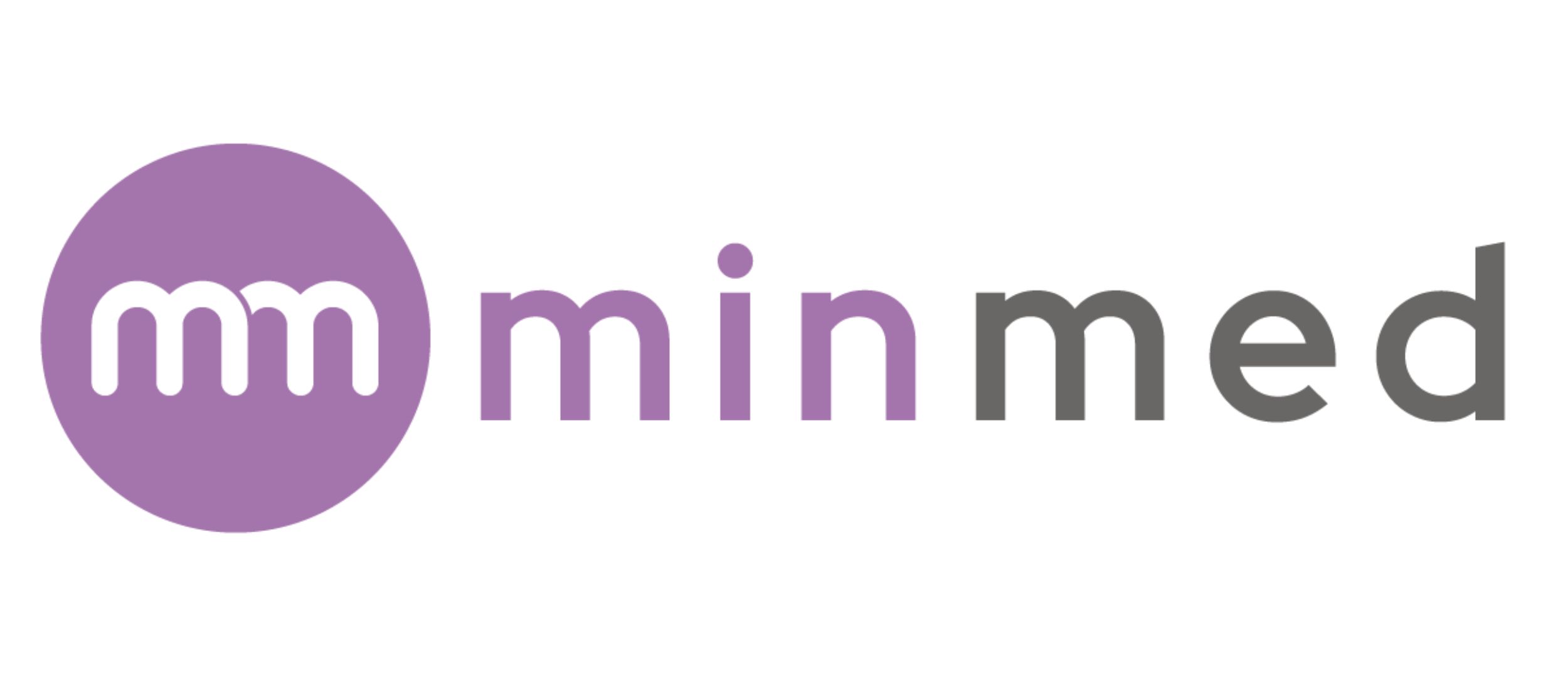What You Need to Know About Swab And Send Home

What is COVID-19?
Coronavirus disease (COVID-19) is an infectious disease caused by a novel coronavirus.
What are the symptoms of COVID-19?
Incubation period for the COVID-19 virus can range from 2 to 14 days. Typically, once infected, it takes an average of 5 to 6 days for symptoms to show.
The most common symptoms of COVID-19 virus are similar to the common cold and influenza, such as fever, cough, sore throat, runny nose and shortness of breath.
However, there are reports of asymptomatic infections (detection of virus without any symptoms) and pre-symptomatic infections (detection of virus prior to development of symptoms).
How does COVID-19 spread?
The COVID-19 virus spreads through droplets of saliva or nasal mucus when an infected person coughs or sneezes. Hence, transmission occurs with any close physical contact such as shaking hands with an infected person or touching surfaces with the virus on it, then touching your mouth, nose or eyes.
How to prevent the spread of COVID-19?
You can play a part to prevent the spread of the COVID-19 virus.
- Wear a mask properly – it should cover your mouth, nose and chin.
- Wash your hands thoroughly and regularly with soap and water. If there are no washing area around you, you may sanitize your hands with alcohol-based rub.
- Avoid touching your face prior to washing your hands.
- Cover your mouth and nose when coughing or sneezing.
- Stay home if you are unwell.
- Practice physical distancing by maintaining at least 1 metre gap between you and other groups of people when you are outside.
- Minimize mingling with multiple large groups of friends or extended families.
How is COVID-19 treated?
An infected person is likely to recover from COVID-19 through supportive medical care which includes good hydration, rest, and management of symptoms. There are no specific anti-viral medications for COVID-19.
Elderly persons and those with underlying medical conditions such as cardiovascular disease, diabetes, chronic respiratory disease, and cancer are more likely to develop potentially fatal complications.
How is COVID-19 diagnosed?
To confirm the diagnosis of a suspected COVID-19 case, samples of secretions need to be obtained through a swab test either from the back of the nose or throat. The former is preferred as it has the highest viral load among COVID-19 patients. The samples will then be subjected to a polymerase chain reaction (PCR) test that detects the genetic material (RNA) of the SARS-CoV-2 virus, which causes COVID-19.
What can I expect during a swab test?
Nose Swab
- The process will take 3 to 4 minutes.
- You will be asked to blow your nose into a tissue paper that is provided to clear excess mucus.
- A cotton swab will be inserted into your nostril, and gently rotated for 2 to 3 seconds. It may cause slight discomfort and tearing. This will be repeated with the other nostril.
- The swab test samples are then placed in a biohazard bag labelled with your name and dispatched to the laboratory.
Note: A nasal swab should not be conducted if you have had any nose bleed, surgery or head or face injury recently.
Oral swab
- The process will take 3 to 4 minutes.
- A cotton swab will be placed at the back of your throat for 2 to 3 seconds. It may feel ticklish or slightly uncomfortable.
- The swab test samples are then placed in a biohazard bag labelled with your name and dispatched to the laboratory.
What is the Swab and Send Home (SASH) Programme?
Swab tests for COVID-19 are provided at certain clinics. Minmed Clinics (except Minmed Health Screeners at Paragon) are part of the Public Health Preparedness Clinics (PHPCs) providing the swab tests under the Swab and Send Home (SASH) Programme for eligible patients.
As we do not accept walk-in patients for the swab test, you would need to see a doctor first to get an assessment and referral for the swab test. Please note that elective requests for COVID-19 testing for those without symptoms (eg employer request, travel clearance needs, worried well) are not allowed.
You are to stay at home and observe safe distancing measures and hygiene practices until you receive notification of your results.
If the result is negative, you will receive a notification of the test results via SMS to your registered mobile number. If your result is positive, you will receive a notification from your GP clinic. An officer from the Ministry of Health would also contact you to arrange for transfer to a healthcare facility.
Read more about the frequently asked questions regarding the SASH services here.
Dr Lisa Chen
M.B.B.S. (Singapore) Grad. | Dip. Occupational Medicine
Dr Lisa Chen is a deeply passionate family physician and designated workplace doctor with an endearing commitment to the successful attainment of health and wellness at individual, workplace and community levels. Having worked widely with family practice clinics and major medical disciplines, she is thoroughly committed to the promotion and sustenance of health and quality of life for everyone.
